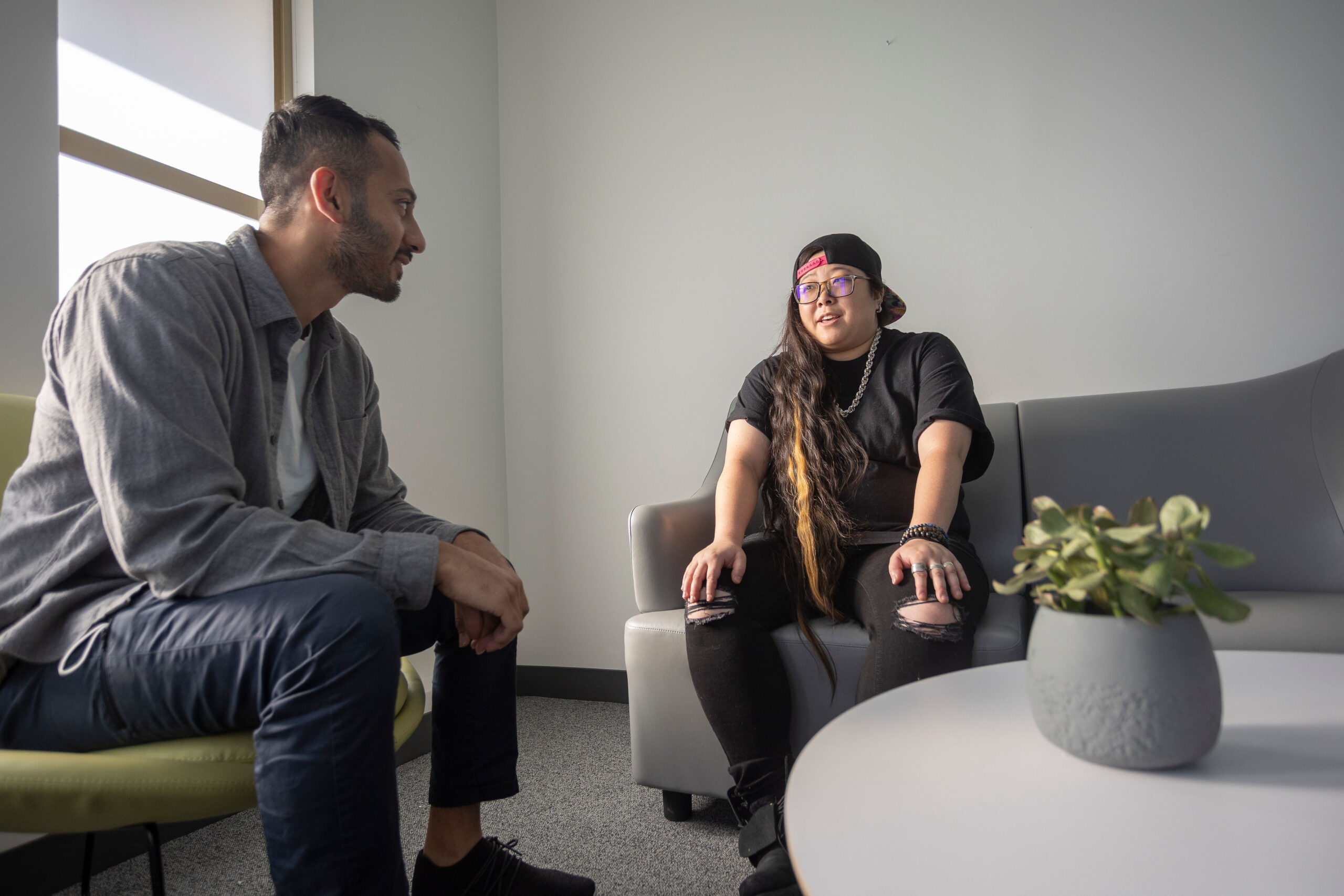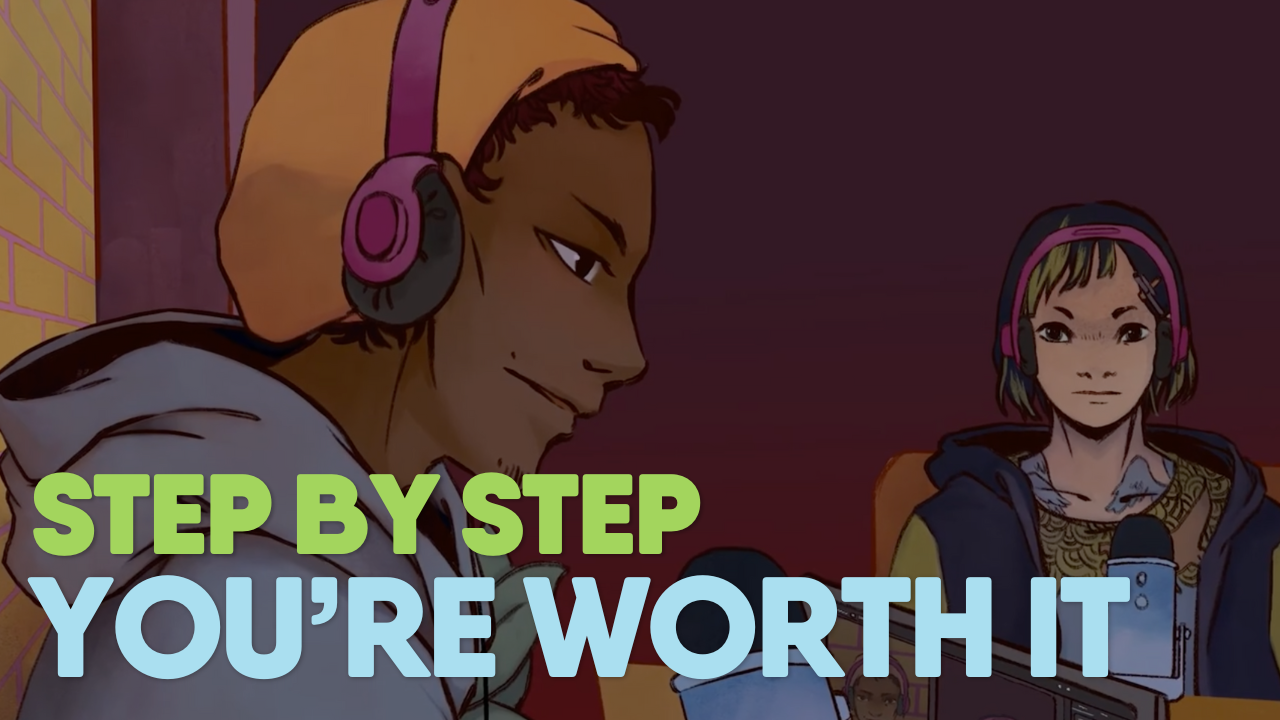Mental Health and Substance Use
Overview
Mental health challenges affect one in every five people in Canada every year. British Columbia declared a public health emergency in 2016 due to the ongoing toxic drug crisis. Both mental health and substance use challenges are deeply affecting many young people in our communities.
Our research team studies youth mental health and substance use challenges, barriers and facilitators for accessing services related to mental health and substance use, and the impact of these services and other interventions. We ask youth about their mental health and substance use and how it impacts them. We also ask youth, their families/caregivers and service providers about the gaps they see for mental health and substance use services and what can be done to close these gaps. This research is used to understand youth mental health and substance use in British Columbia and improve related services.
Importance
Youth and their families/caregivers often seek services related to mental health and substance use, and these are two of Foundry’s core service streams. It is important to understand youth mental health and substance use to optimize and improve Foundry services.
Key Questions
- What are youths’ experiences with mental health challenges?
- What are youths’ experiences with substance use?
- How many youths in British Columbia need services for mental health or substance use challenges?
- What types of mental health and substance use services do youth want?
- What services do the families/caregivers of youth want?
- What barriers/challenges do youth face in accessing mental health and substance use services in British Columbia? In Canada?
- How can these barriers/challenges be addressed?
Spotlight
Parents Like Us
As part of the Improving Treatment Together Project, a group of twelve parents living in Victoria, British Columbia, came together to create a handbook about supporting a young person with a substance use disorder. This handbook is a collection of shared experiences and stories to help other parents and caregivers find refuge, support and courage to reach out for help.

Virtual Opioid Agonist Treatment (OAT) Guide
A series of animated videos were created for the Improving Treatment Together Project to share real youth’s everyday experience with opioid agonist treatment (OAT) as part of a treatment program. The videos hope to demystify and destigmatize OAT by providing authentic and relatable information for those seeking treatment for opioid use and to increase confidence for youth considering or starting OAT.
The importance of supporting the mental health of transgender and/or gender-diverse youth
This article summarizes a study examining mental health differences for transgender, gender nonconforming and cisgender youth accessing Foundry, along with a discussion about qualitative findings and how these results can collectively be used to evolve services for youth.



